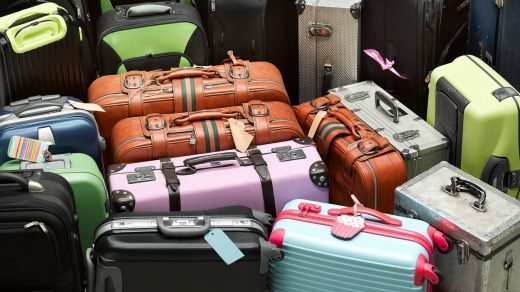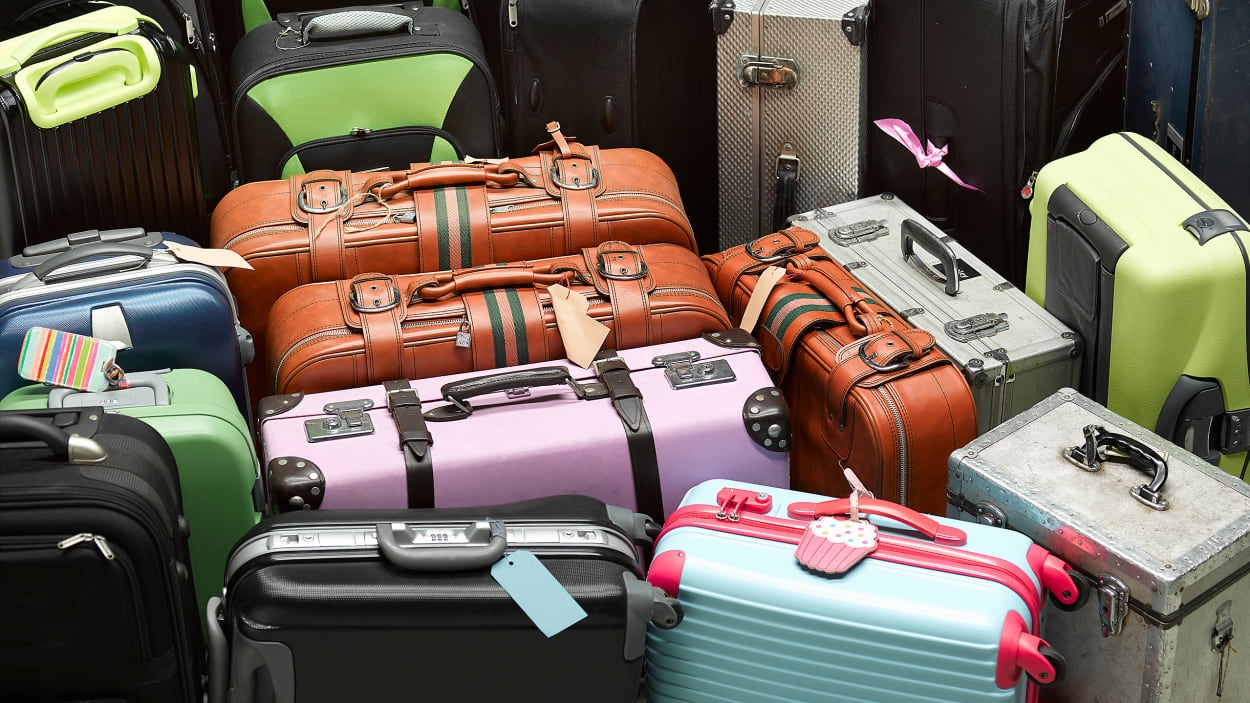American Airlines might owe you money over dubious baggage fees. Here’s how to find out
There is perhaps no greater annoyance in the nickel-and-dime economy than surprise airline fees. From extra leg room to booze to unaccompanied minors, carriers seem to be finding increasingly creative ways to squeeze a little extra profit out of every last warm body in the air. And since they own the airplanes, what can we really do?
Well, some savvy flyers fought back in court, and now American Airlines has agreed to pay $7.5 million to settle a lawsuit over what the passengers said were illegitimate baggage fees. In a lawsuit filed early last year, the plaintiffs claimed that they were incorrectly charged to check their luggage, despite being part of a loyalty program that promised free bag checks or being promised free bag checks via email.
Affected passengers were awarded class certification. After an “extensive discovery” process that included a review of some 50,000 pages of internal documents, a settlement was reached earlier this year, with the airline admitting to no wrongdoing. Now, American Airlines is issuing refunds to the tune of $25 to $200 per bag. The settlement includes travelers who were charged the fees between February 2017 and April 2020.
The good news is, if you were one of the passengers affected by this, collecting your refund should be easy. A spokesperson for the airline confirmed with Fast Company that the administrator overseeing the settlement is “in the process of notifying class members.” The administrator has also set up a website where you can read more about the settlement’s parameters and file a claim if you think you qualify. The airline, of course, will have to verify your eligibility before issuing you a refund.
The settlement comes on the heels of a Biden administration proposal that would require airlines to disclose their fees up front, thereby eliminating that element of surprise that leaves so many passengers feeling irritated and tricked. The U.S. Department of Transportation is currently seeking the public’s comment on the matter—although, come on, do they really have to ask?
(42)



